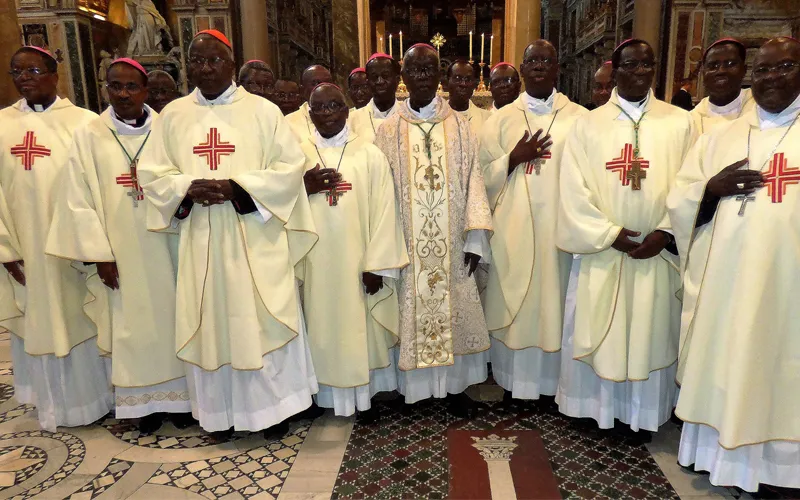“In this Year of St Joseph and the Family, the context of the threat to human life obliges us to take a special look at the African family in general, and the Christian family in particular,” the Bishops say.
They add, “In our cultures, the family is considered the basic unit of society, the sanctuary of life and love. It is also the first school of education, socialization and integration of the child, and by extension of the human person.”
“We are convinced that the future of our societies and of our Church Family of God depends on the future of our families,” they further say, adding, “Pastoral agents, the various Christian associations for the family, men and women who are sentinels of hope, concerned about the continuity of family values, should all measure the challenges and consequences of current demographic policies on the family.”
CEBN members invite the people of God in Burkina Faso and Niger to “campaign for a development process that respects the values of life, the family and human dignity. On this subject, let no one be mistaken: the path to development in our countries is not primarily conditioned by limiting births, but rather by a fight against illiteracy and endemic diseases, good management of socio-economic and industrial investments and a consistent response to the problems of corruption, injustice, poor management of social and security crises, etc.”
They also highlight the need to enlighten women who are wives, mothers and first educators; and of girls as future wives and mothers, and add, “It will be necessary to work towards their liberation. But the liberation of women and girls cannot forget the values they carry and which make them, in our country, a sacred sign of the greatness and beauty of life and the family,” the members of CEBN say.
(Story continues below)
“sexual liberalism, same-sex marriage, the trivialization of abortion, sterilization and the lack of respect for human dignity, especially that of women, are contrary to African values and the religious convictions of Africans,” they note.
As a way forward, the Bishops invite the people of God to “continue with us, without respite, to defend, in accordance with the demands of our faith, the right to life and freedom of the children of God.”
They further invite the faithful to exercise with greater rigor, at Parish level, “the training of young people and engaged couples during marriage preparation sessions, according to the manuals drawn up for this purpose.
“Marriage preparation centres must set up teams experienced in the presentation and follow-up of natural methods of birth control; and other leaders, Priests, Religious, Catechists or any other committed lay person, must exercise their responsibilities in training in accordance with the Church's provisions,” CEBN direct.
They call on “political, judicial and administrative authorities to commit themselves to working in all truth and justice for the real well-being of our working people, and not to compromise their health and the future of generations to come.”
To men and women of goodwill, the Church leaders say, “All of us will benefit from promoting a policy that favors the natural spacing of births rather than limiting them by means and strategies that damage women's health and do not honor human dignity according to the design of God the Creator.”
“It is urgent to develop a mentality of new vital creative energies, new wills for civic and political action, new forces of moral and spiritual regeneration that we, your bishops, call Christianity of Life,” they add.
In this year dedicated to St. Joseph and the Family, the Bishops “entrust all our human families to the care and protection of the Holy Family of Nazareth for an ever-greater commitment to life.”
“May Saint Joseph, the protector of the Holy Family, help us to do so,” the members of CEBN implore in their May 23 pastoral letter shared with ACI Africa.
Jude Atemanke is a Cameroonian journalist with a passion for Catholic Church communication. He holds a Bachelor’s Degree in Journalism and Mass Communication from the University of Buea in Cameroon. Currently, Jude serves as a journalist for ACI Africa.








